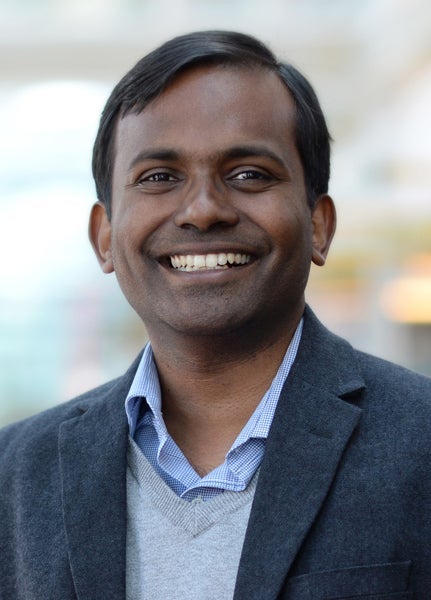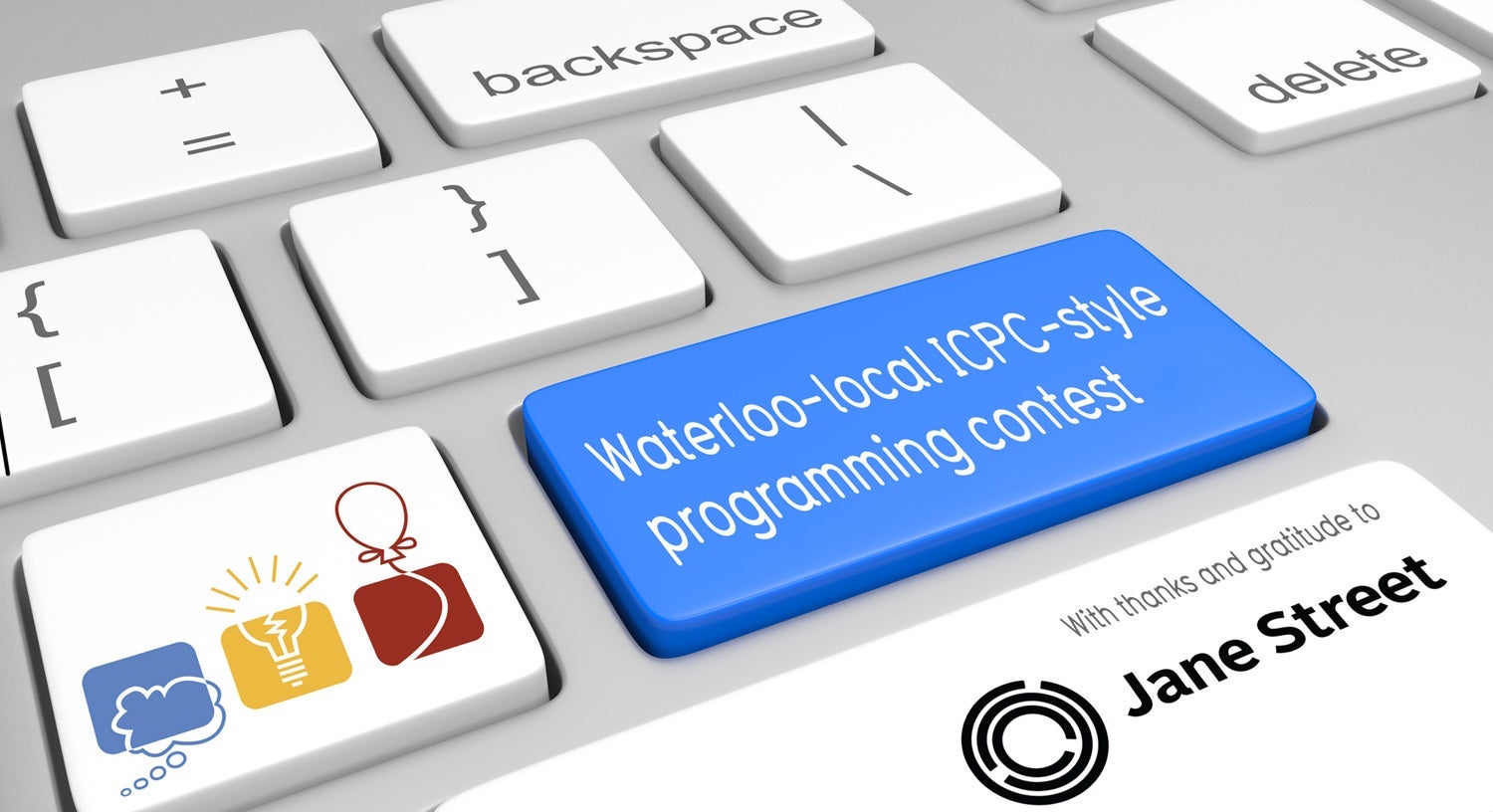Cheriton School of Computer Science Professor Mei Nagappan mines digital footprints


Cheriton School of Computer Science PhD candidate Sangho Suh and his colleagues have found a way to use comic strips to teach coding to novice learners.
Coding strips use comics to present programming concepts in a more accessible way. They chose comics because it is a medium well known for its ability to explain complicated concepts and processes effectively through visual storytelling.
With COVID-19 preventing hockey fans from watching games in person this year, the University of Waterloo, Rogers Communications, and Sportsnet are seeking new ways to enhance the experience of watching hockey from home. They recently partnered to host the Sportsnet Hockey Hack, a virtual hackathon that challenged Waterloo students to design applications using 5G technology to deepen and enrich fan engagement.
Partial network partitions are a peculiar type of network fault that disrupts communication between some but not all nodes in a computer cluster. And for what has recently been found to be a surprisingly catastrophic source of computer system failures, partial network partitions have not been studied comprehensively by computer scientists or network administrators.
Cheriton School of Computer Science Professors Shalev Ben-David and Eric Blais have received a prestigious best paper award at FOCS 2020, the 61st Annual IEEE Symposium on Foundations of Computer Science. FOCS and its counterpart — the Symposium on Theory of Computing — are the top international meetings in theoretical computer science.
A paper coauthored by Professor and Cheriton Chair N. Asokan has received the 2019 Best Paper Award from IEEE Transactions on Computers by the IEEE Computer Society Publications Board.
The main difference between current wireless networks and 5G networks comes down to two words — speed and latency.
5G networks are expected to be up to 100 times faster than current networks. And at that speed, 5G drastically cuts latency when connecting to the network, the lag between instructing a computer to perform a task and its execution. One thing we know with certainty — by delivering mountains of data at warp speed wirelessly, the impact of 5G will be enormous and it will be felt across all sectors of society.
Research Professor Maura Grossman has been named second of five Global Elite Thought Leaders in Litigation in Canada by Who’s Who Legal 2020.
The International Collegiate Programming Contest is the oldest, largest and most prestigious university-level algorithmic programming contest in the world. Each year, more than 50,000 students from some 100 countries compete in regional competitions to earn a spot at the world finals.

Artificial neural networks have come to dominate the field of artificial intelligence. From self-driving cars to devices that recognize handwriting to interactive chatbots to astonishingly accurate online translators, artificial neural networks lie at the core of a staggering array recent AI developments.